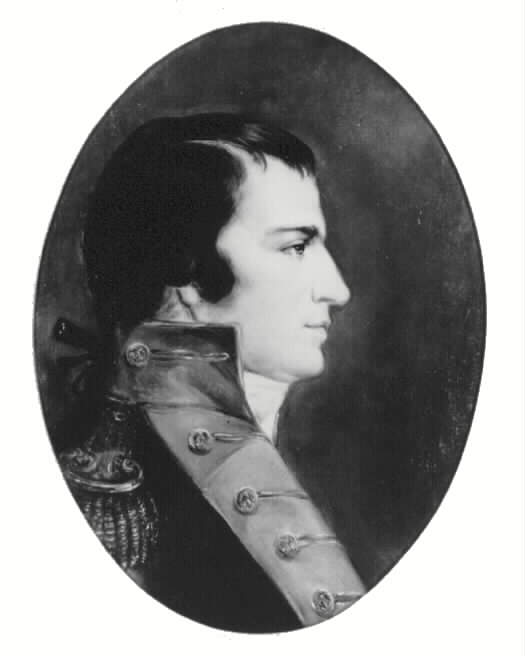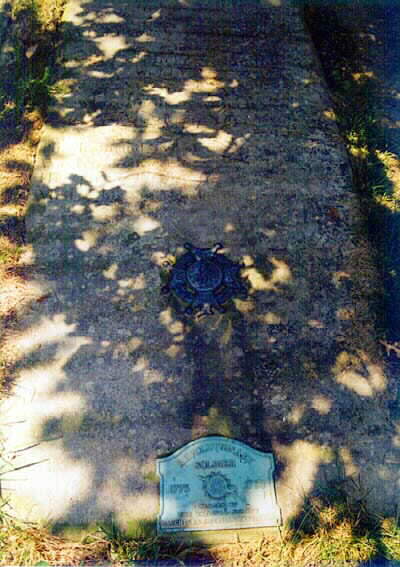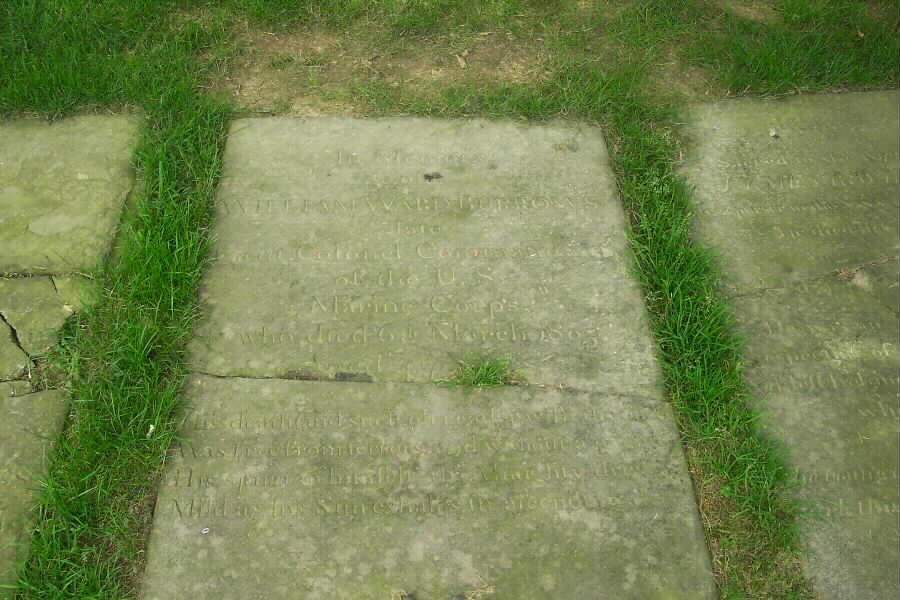On July 12, 1798, the day following the approval of an act of Congress establishing a permanent United States Marine Corps, President John Adams appointed William Ward Burrows as the second Major Commandant of the Marine Corps, and the first, of the newly created organization which consisted of 881 officers, noncommissioned officers, privates and musicians.
Major Burrows, who was born in Charleston, South Carolina on January 16, 1768, had served in the Revolutionary War with the state troops of South Carolina, but had more recently become a citizen of Philadelphia.
In 1783, he was married to Mary Bond, daughter of Thomas Bond, Jr., who was surgeon and purveyor of the Continental Army.
The Marine Corps, as well as the Navy, had its humble beginning a short time prior to its actual authorization as a Corps and both were formed to meet an impending national crisis. The first Marine units to be organized by Major Burrows were ship detachments for newly-acquired vessels of the American Navy, which were being hurriedly placed in commission at Philadelphia and hurried off to sea to fight cruisers and destroy commerce in the naval war with France. During the first several months that he was Commandant, his principal concern was the supplying and keeping up to strength the Marine detachments for the vessels of the Navy.
Headquarters of the Corps was in camp near Philadelphia until the national capital began its move to Washington in 1800. A small detachment of Marines was sent to the new capital in March of that year to protect the newly-established navy yard, while Major Burrows, with his staff and headquarters troops, moved to Washington in late July and set up their camp.
Major Burrows was promoted to lieutenant colonel on May 1, 1800. The quasi war with France continued until September of that year, when matters were finally adjusted. The insistence of Congress that the cost of the naval establishment be immediately reduced caused considerable embarrassment to Burrows in his effort to establish the Marine Corps on a peace-time basis.
The wars with the Barbary States broke out soon afterwards and the main concern of the Corps was to supply detachments to naval vessels for duty in the Mediterranean.
The organization under its first Commandant and for a number of years afterwards had no particular reputation and it therefore attracted few desirable men into its ranks who cared to make its service their life-time career. The turn over of officers was quite rapid and even the Commandant himself, apparently seeing no great future in his branch of the naval service and for personal reasons, principally health, resigned his commission on March 6, 1804.
His character is aptly depicted by his distinguished contemporary, Washington Irving, who describe Colonel Burrows as “a gentleman of accomplished mind and polished manner.”
“His virtue as a man procured him many warm, sincere and affectionate friends”, commented a newspaper which further added, “his services in nursing the infant Corps over which he presided, so useful to our naval enterprises, ought to be particularly commended by a grateful country.”
Under his guidance many of the traditions and the esprit de corps had their beginning. Colonel Burrows was not only the leader of the Corps but he also played an important civic, business and social part in the life of both Philadelphia and Washington, where many of the distinguished personages of his time were his personal and intimate friends.
Colonel Burrows died in 1805, just one year after resigning from the Marine Corps, and was buried in the Presbyterian Cemetery in Georgetown. His remains were removed from Washington in 1892 to their present resting place in the Arlington National Cemetery.
WILLIAM WARD BURROWS, USMC
(DECEASED)Second Commandant
12 July 1798 – 6 March 1804
Colonel Burrows died in Washington, D.C., on 6 March 1805. He was buried in the Presbyterian Cemetery, Georgetown, in the District of Columbia. His remains were reinterred in Arlington National Cemetery on 12 May 1892.
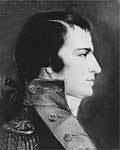
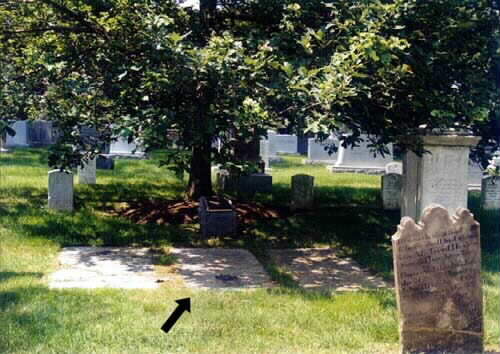
BURROWS, WM W
- LCOL USMC
- DATE OF DEATH: 03/06/1805
- BURIED AT: SECTION PLOT SITE 301
ARLINGTON NATIONAL CEMETERY
Michael Robert Patterson was born in Arlington and is the son of a former officer of the US Army. So it was no wonder that sooner or later his interests drew him to American history and especially to American military history. Many of his articles can be found on renowned portals like the New York Times, Washingtonpost or Wikipedia.
Reviewed by: Michael Howard

